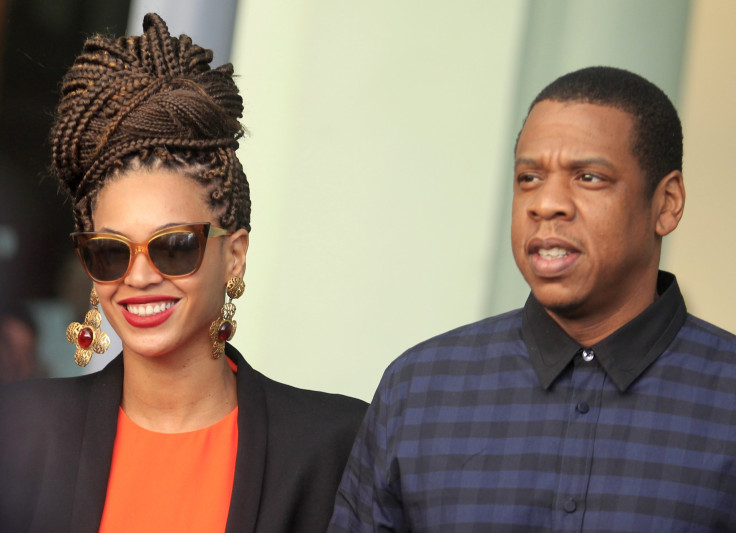I Got 99 Problems But Havana Ain't One: Did Beyonce and Jay-Z's Cuban Getaway Break The Law?

Beyoncé and Jay-Z’s recent trip to Cuba has drawn scrutiny from U.S. legislators who are demanding to know whether the celebrity power couple violated any laws that restrict travel for Americans to the communist island nation.
Congressional Republicans, Reps. Illeana Ros-Lehtinen and Mario Diaz-Balart, both of Florida, inquired about the trip in a recent letter to Adam Szubin, director of the Office of Foreign Assets Control at the Department of Treasury.
Specifically, the lawmakers cited U.S. restrictions against tourist activities in Cuba and asked what type of permission the couple received to travel to Cuba.
“These restrictions are in place because the Cuban dictatorship is one of four U.S.-designated state sponsors of terrorism with one of the world’s most egregious human rights records,” the letter read.
“Cuba’s tourism industry is wholly state-controlled; therefore, U.S. dollars spent on Cuban tourism directly fund the machinery of oppression that brutally represses the Cuban people,” it added.
The star couple, legally known as Beyoncé Knowles-Carter and Shawn Carter, had traveled to Cuba for their fifth wedding anniversary, which the lawmakers believed involved tourist activities.
Americans are granted permission to travel to Cuba under certain restrictions, including for the purpose of educational, humanitarian or cultural exchanges.
Given Beyoncé and Jay-Z’s status as American pop music icons, their trip could have been considered as a "cultural exchange," though Ros-Lehtinen and Diaz-Balart are strident about enforcing a U.S. tourist ban to Cuba.
“The restrictions on tourism travel are common-sense measures meant to prevent U.S. dollars from supporting a murderous regime that opposes U.S. security interests at every turn and which ruthlessly suppresses the most basic liberties of speech, assembly and belief,” the representatives said in their letter.
U.S. Treasury spokesman John Sullivan wrote in an email to International Business Times that the OFAC “is working on a response” to the letter.
© Copyright IBTimes 2025. All rights reserved.





















